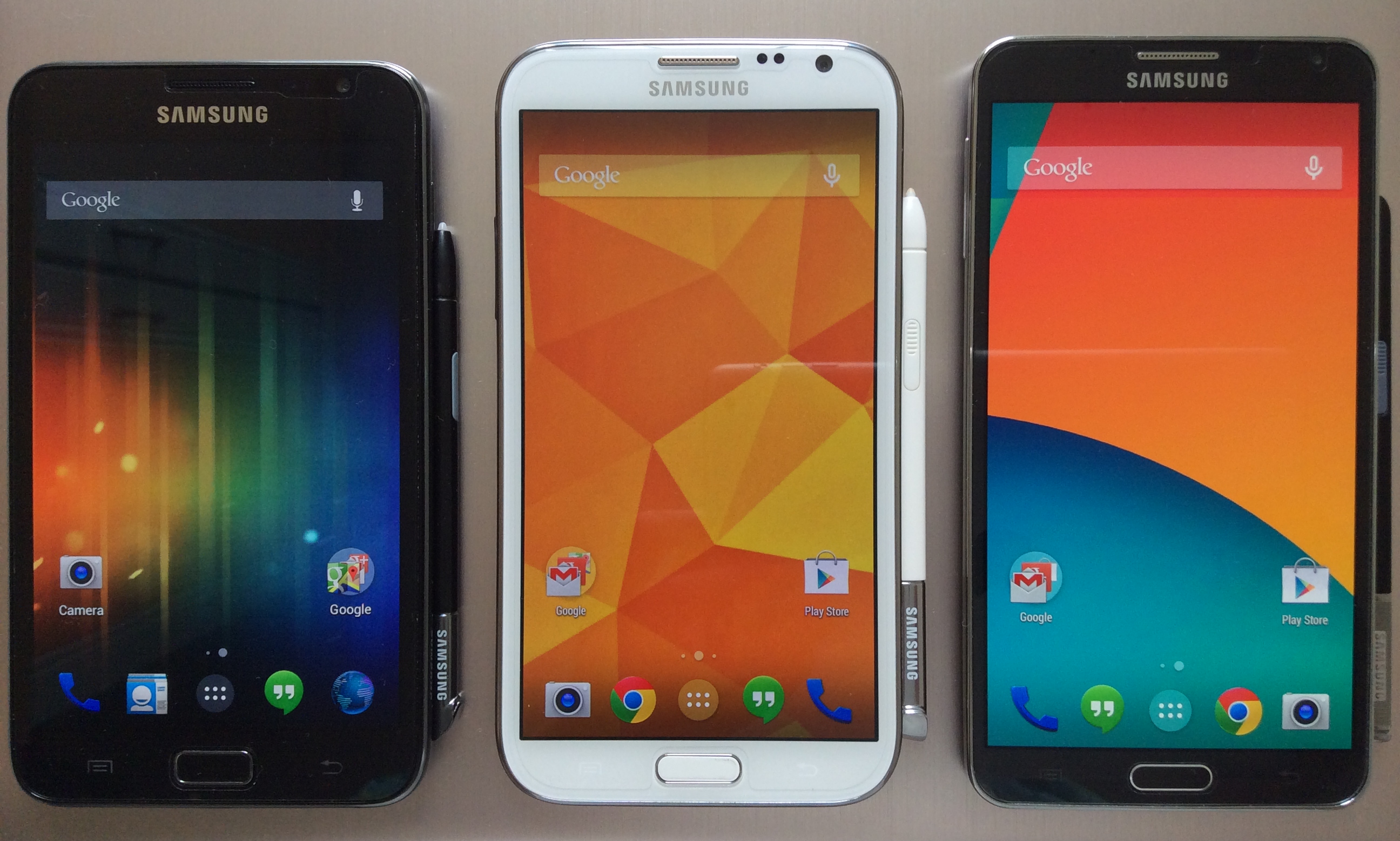Korea’s antitrust agency is investigating whether Google blocked Samsung from developing its own mobile operating system, reigniting an issue that first surfaced six years ago.
 The investigation is expected to have a global impact considering that other smartphone manufacturers here and abroad, including LG Electronics, have made similar agreements with Google as Samsung did.
The investigation is expected to have a global impact considering that other smartphone manufacturers here and abroad, including LG Electronics, have made similar agreements with Google as Samsung did.
In a recent report submitted to the National Assembly, the Fair Trade Commission said it is currently investigating whether Google limited competition of the mobile OS market in light of new facts that have emerged and a changed market situation since its last decision.
In 2011, Google and Samsung Electronics signed a mobile application distribution agreement (MADA). That same year, the two leading Korean Web portals Naver and Daum (which was later acquired by Kakao) filed a complaint with the FTC claiming that Google forced smartphone manufacturers to pre-load its apps on the home screen of phones, including a default search engine, in exchange for use of the Android OS system for free. The Korean companies claimed that was meant to limit competition.
After investigating for two years, the FTC cleared Google on grounds that the manufacturers installed Google apps out of necessity and that there was no evidence of Google enforcing its powers to limit competition. Additionally, the FTC said it saw no major impact on the market as Naver dominated the local search engine market with a market share of 70 percent at the time.
However, that situation changed in May after the Mobile Application Distribution Agreement between Google and Samsung was disclosed. In the contract, the Korean smartphone maker agreed to load Google’s software package consisting of 12 apps, including its search engine, YouTube and Gmail on the main screen.
Full Content: Korea JoongAng Daily
Want more news? Subscribe to CPI’s free daily newsletter for more headlines and updates on antitrust developments around the world.
